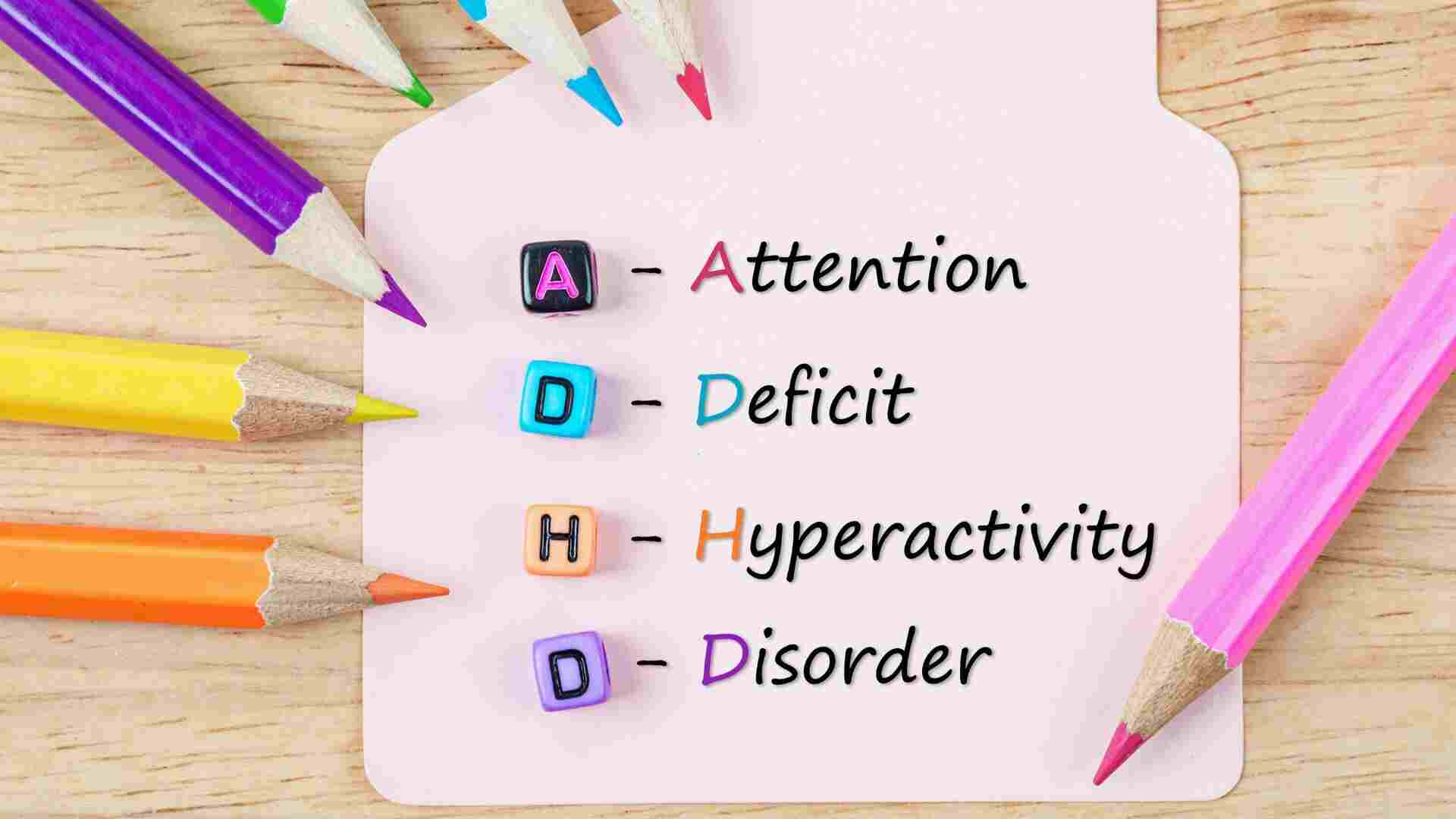ADHD Testing
ADHD is a neurological disorder, or health condition, that causes your brain to over-react to certain types of stimuli. For example, if you’re listening to music and another child walks into the room while you’re jamming out, your brain might pay attention to both sounds. This makes it harder for you to focus on one thing at a time and gives rise to ADHD symptoms like fidgeting, interrupting others, hyperactivity, impulsiveness and difficulty paying attention.
Many children and adults with ADHD experience difficulties in their ability to concentrate or focus. ADHD testing can help identify the type of treatment that will work best for you.
The Safe Haven Network provides information on clinical practice and research related to the diagnosis and treatment of attention-deficit/hyperactivity disorder. An expert will gather details about you or your child throughout the evaluation to ascertain whether the conditions for ADHD are present. The Diagnostic and Statistical Manual of Mental Disorders (DSM), the recognized diagnostic manual in the United States, serves as the source for the criteria.
Diagnostic Standards
No matter how ADHD manifests itself—as inattentive, hyperactive-impulsive, or combined—a number of criteria must be satisfied in order to make an official diagnosis:
- Several signs appear before the age of 12
- The symptoms appear in many contexts (home, school, work)
- Symptoms limit or interfere with regular functioning
- The symptoms cannot be explained more appropriately by another mental health issue.
Inattentive Type
Six or more signs of inattention must be present in children under the age of 16, whereas five or more signs must be present in adults aged 17 and older. To suggest a diagnosis of ADHD, these symptoms must be present for at least six months:
- frequently makes stupid errors or ignores details
- has trouble focusing on one particular task or activity for long
- when spoken to, doesn’t appear to be listening
- failure to complete assignments or adhere to directions
- arranging challenges
- dislikes or avoids long-term tasks
- frequently forgets about vital things (wallets, school materials, etc)
- prone to distraction
Hyperactive/Impulsive Type
The following criteria must be met in order to diagnose ADHD based on hyperactivity-impulsivity symptoms:1
- regular squirming or fidgeting
- disregards directions to remain sat or stationary
- moves around or becomes restless in circumstances where it is undesirable to do so
- cannot engage in calm leisure activities
- a lot of talking
- answers hastily before a question is fully answered
- difficulty holding out for their turn
- frequently interrupts and enters into conversations
A doctor will also specify severity when diagnosing ADHD in a patient:
Mild: You or your child show just slight functional impairment despite exhibiting enough symptoms to match the diagnostic criteria.
Moderate: More substantial impairment
Severe: Significantly more symptoms than would be necessary to diagnose ADHD are present, together with severe impairment brought on by symptoms.
The Evaluation Process
A normal adult ADHD assessment may take three hours, though this can vary. Each practitioner carries out the examination in their own manner, but you can anticipate an in-person discussion covering subjects including growth, health, family history, and lifestyle.
A partner or family member may be interviewed per the clinician’s request. The physician could wish to speak with a teacher, coach, or childcare provider in the case of youngsters.
The evaluation may include questionnaires, rating scales, intellectual screenings, and tests of sustained attention and distractibility.4 You might be asked to expand on matters like:
- How frequently do you give up on a project before it’s finished?
- How frequently do you lose things?
- How frequently do you forget key dates or events?
- Do you having difficulty staying seated?
- Do you have trouble unwinding?
- How frequently are you sidetracked by your surroundings?






